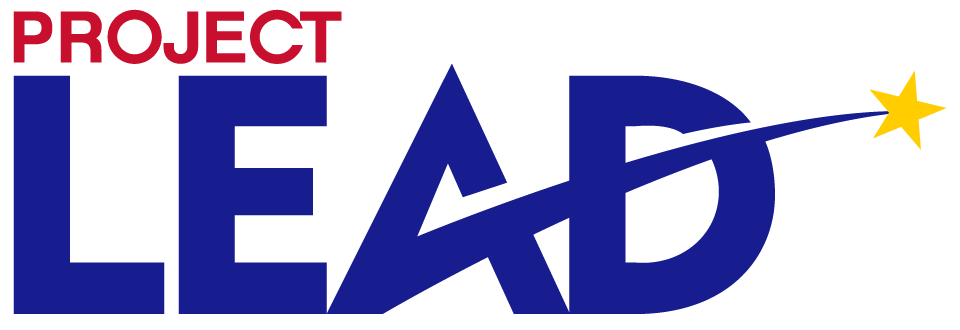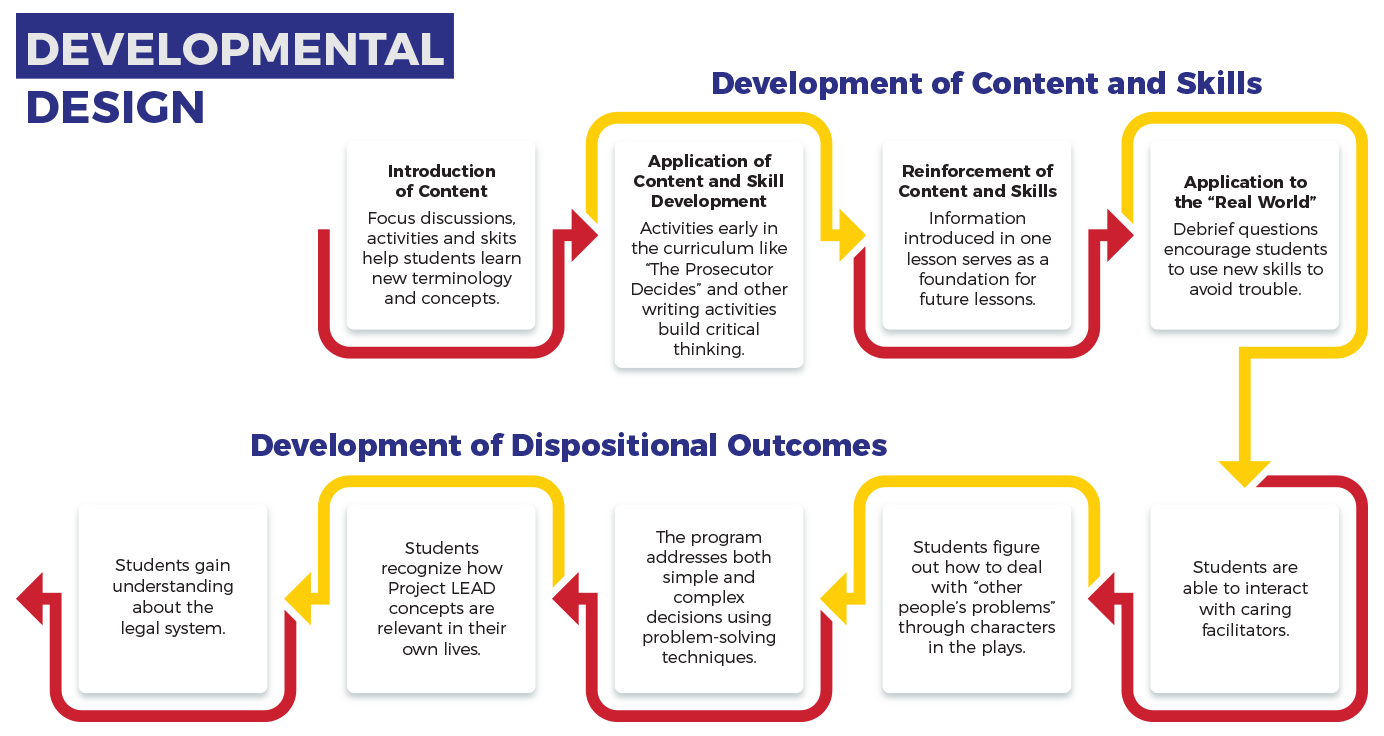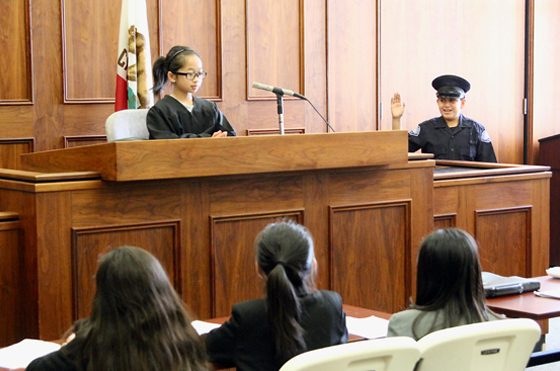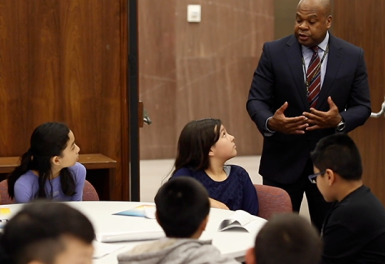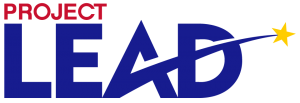Research
Law-Related Education With a Developmental Design
Project LEAD has been proven effective.
A team of researchers conducted an evaluation of the program to gauge its impact on students’ knowledge and attitudes about the legal system, as well as Project LEAD’s capacity as a delinquency prevention model.
The results of the study showed that Project LEAD students gain important “protective factors.” Project LEAD gives students the skills and experience to evaluate challenging situations and make good decisions. The program also helps students gain an understanding of the legal system and the reasons behind laws.
